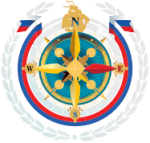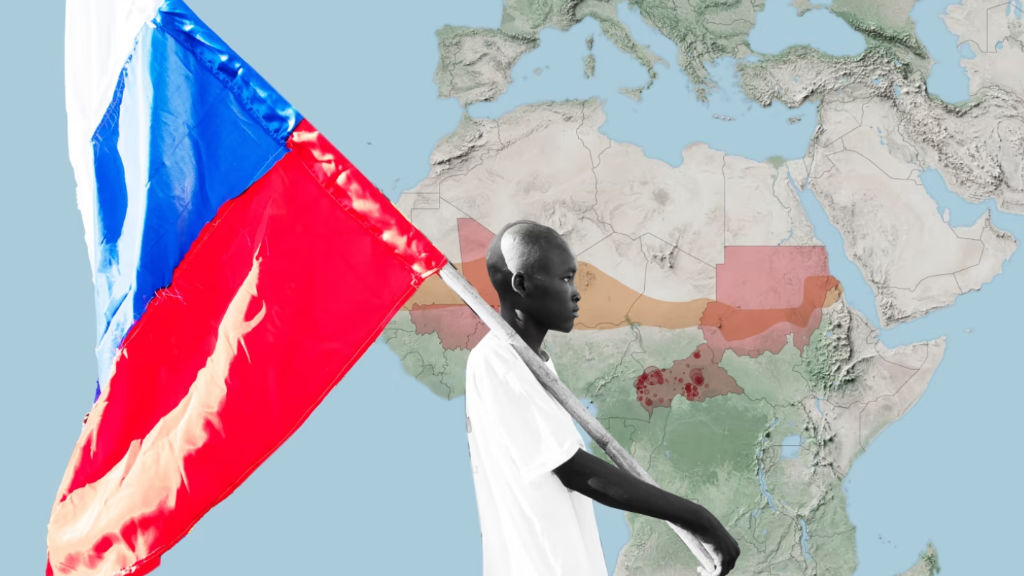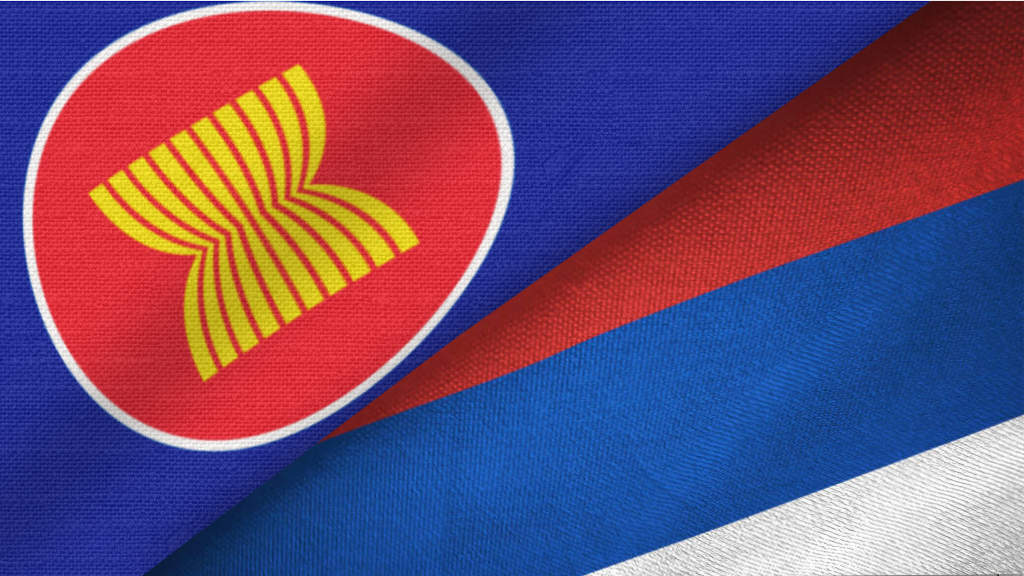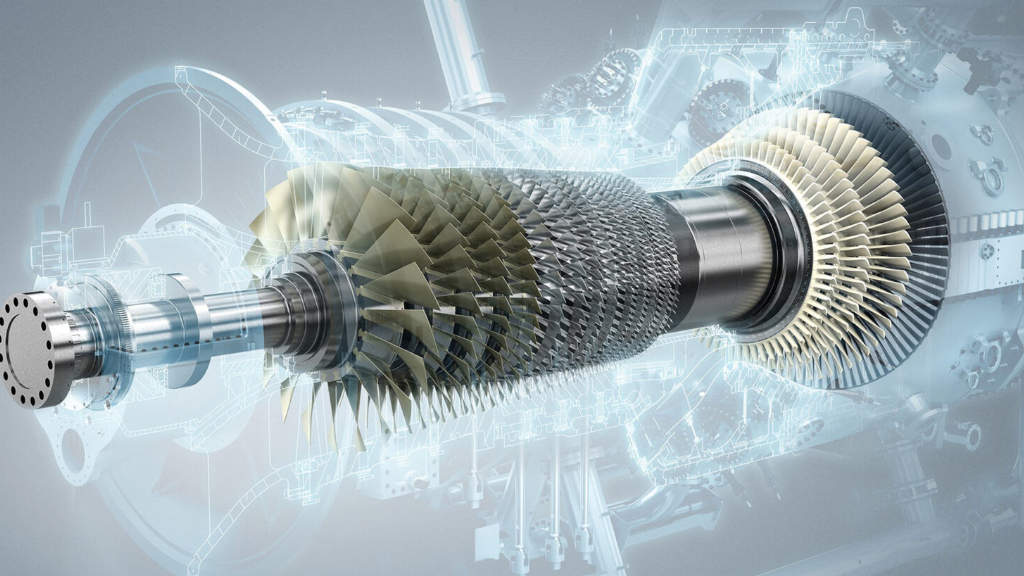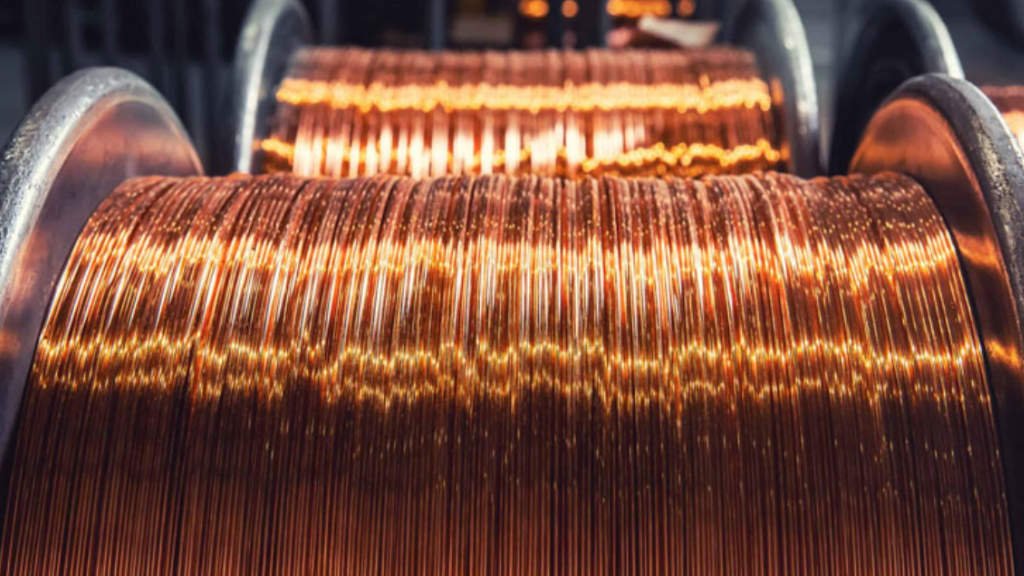Russia plans to open embassies in Sierra Leone, Niger, and South Sudan soon, Russian Foreign Minister Sergei Lavrov said at a reception of the upcoming Africa Day at the Russian Foreign Ministry on Thursday (May 23). The Russian embassy to Burkina Faso resumed its operations last December.
We describe the basic economic and demographic situation in each of these countries as follows:
Burkino Faso
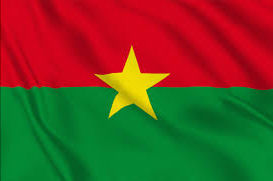
Burkina Faso is a landlocked country in West Africa and is one of the least developed countries in the world. The country has a strong culture and is geographically biodiverse, with plentiful reserves of gold, manganese, copper, and limestone. It was a French colony, but more recently has faced Islamic insurgency problems. It underwent a military coup in late 2022. Burkino Faso’s population is about 22.5 million and it has a GDP (PPP) of about US$63 billion. Russia-Burkino Faso bilateral trade is about US$1 million.
Sierra Leone
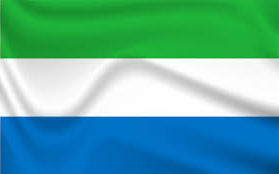
Sierra Leone is on the West African coast and is rich with natural resources, notably diamonds, gold, bauxite and aluminium. Previously a British colony, Sierra Leone maintains membership in several international organizations, including the United Nations, African Union, Economic Community of West African States (ECOWAS), and the Commonwealth of Nations, as well as strong relations with China, Russia, Libya, Iran, and Cuba. It has a population of 9 million and a GDP (PPP) of US$17.8 billion. Current Russia-Sierra Leone bilateral trade is about US$3 million.
Niger
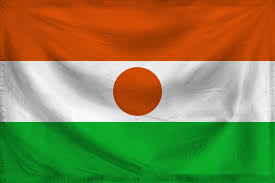
Niger is a landlocked country and borders Burkino Faso. It is one of the poorest countries in the world, and Africa’s largest landlocked nation after Chad. Some non-desert portions of the country undergo periodic drought and desertification. It was previously a French colony. The economy is concentrated around subsistence agriculture, with some export agriculture in the less arid south, and the export of raw materials, including uranium ore. It faces challenges to development due to its landlocked position, desert terrain, low literacy rate, and jihadist insurgencies. It is run by a military junta who came to power in 2023. Niger has a population of about 25.5 million and a GDP (PPP) of US$43 billion. Current Russia-Niger bilateral trade is about US$17 million.
South Sudan
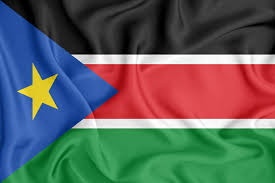
South Sudan is also landlocked and one of the least developed countries in the world, ranking second to last in the Human Development Index, and also one of the poorest countries by GDP per capita. It was previously administered by a joint Egyptian-British colonial administration. It is a member of the East African Community. The oilfields in South Sudan have been significant to the economy since the latter part of the 20th century. In 2023, oil constitutes more than 90% of state revenues, with the third-largest oil reserves in Sub-Saharan Africa. However, after South Sudan became an independent nation in July 2011, southern and northern negotiators have not been able to reach an agreement on how to split the revenue from these oilfields. However, with Sudan also being close to Russia, agreements may be revived and with this oil production increased. South Sudan also contains many natural resources such as petroleum, iron ore, copper, chromium ore, zinc, tungsten, mica, silver, gold, diamonds, hardwoods, limestone and hydropower. The country’s economy, as in many other developing countries, is heavily dependent on agriculture. South Sudan has a population of about 12 million and a GDP (PPP) of about US$13.6 billion. Russia-South Sudan bilateral trade was about US$8 million.
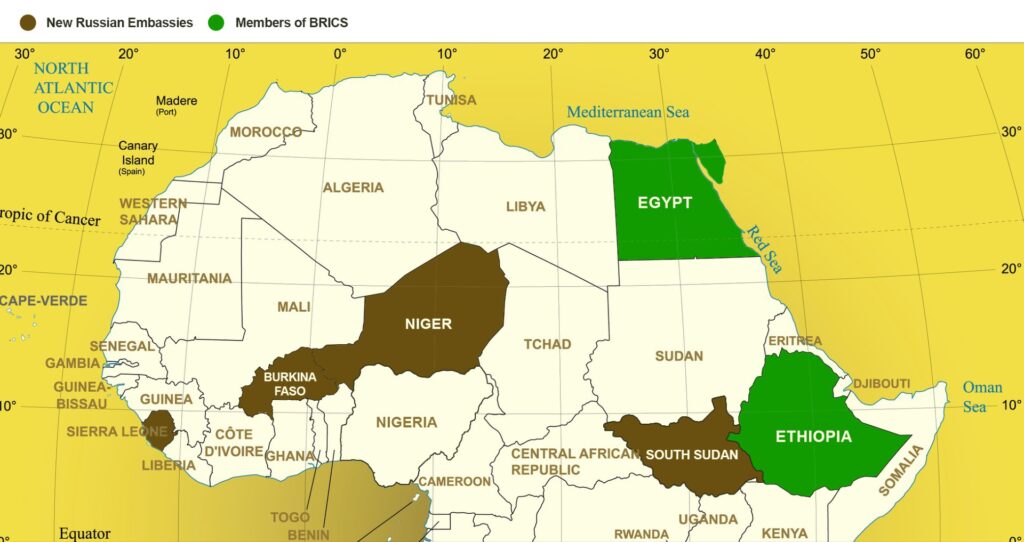
Comments
Russia’s diplomatic reach into Africa has been expanding in recent years, as both British and French unwillingness to provide security against Islamic insurgencies, coupled with local views that their colonial eras were unfair, has resulted in a growing dissatisfaction with their former partners. Today, the only significant African country of note that does not have diplomatic relations with Russia is Chad.
While Russian involvement in the African continent will be led by providing security and military assistance, a medium-longer term eye will be on trade and development. This is especially true in Russia’s energy sector, both carbo-hydrons and nuclear, while the entire African continent is being looked at as a significant market for Russian products in agriculture, auto, and connectivity infrastructure, some of which will be coordinated with Chinese investments. In short, what is happening in Africa is a devolution from the European colonial era, and a realignment towards the Global South – with Moscow and Beijing now the primary drivers.
Further Reading
Russia-Africa 2024 Trade & Development
Russia’s trade with Africa is extensively covered in our 2024 Russia’s Pivot To Asia guide, which contains descriptions of Russia’s involvement with 26 African countries. It is a complimentary download and can be accessed in English here and in Russian here.
